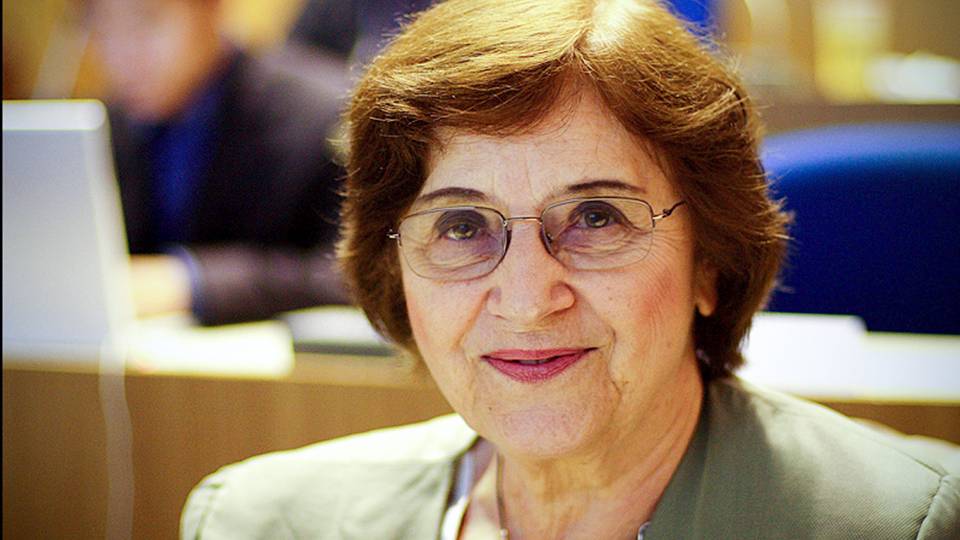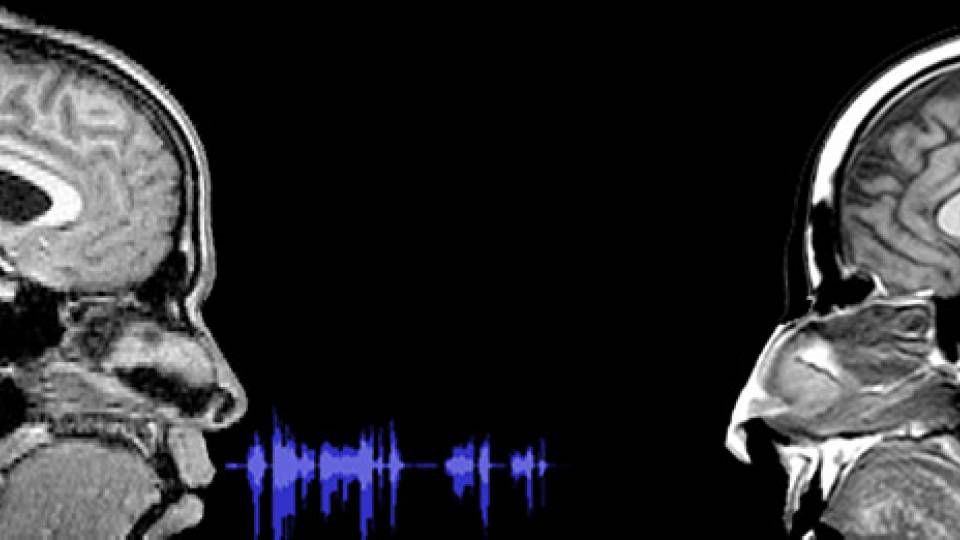Sabine Kastner(Link is external), a professor of psychology(Link is external) and the Princeton Neuroscience Institute(Link is external), will receive this year’s Award for Education in Neuroscience from the Society for Neuroscience(Link is external) (SfN). The award honors individuals who have made outstanding contributions to neuroscience education and training and will be presented Monday, Oct. 21, at SfN’s annual meeting in Chicago.
Kastner shares the award with Robert Knight, a professor of psychology and neuroscience at the University of California, Berkeley.
“The Society is pleased to recognize Drs. Kastner and Knight for their contribution to science education at all levels, from young children to graduate students and postdoctoral fellows,” said Diane Lipscombe, president of SfN. “In addition to contributions to their respective universities, together they have created an open-access journal for school children that sparks interest in science, divulges cutting-edge research and allows kids to take part in the publishing process.”
Together, Kastner and Knight created Frontiers for Young Minds(Link is external), an open-access scientific journal for and edited by children. Kastner and Knight assembled a team of editors who work with science mentors (mostly graduate students and postdoctoral fellows) who in turn interact with young reviewers, drawn from 3th –10th grade classrooms around the world.
The website was recognized by the American Library Association as one of the “great websites for kids” and is designed specifically with young readers in mind. It is easy to navigate, features colorful cartoons, and invites readers to explore and follow the questions they find most fascinating. It also allows children to interact with and hear from the scientists making today’s discoveries. In addition, the editorial process teaches graduate students and postdoctoral fellows how to discuss science with children and teaches scientists how to make their research more accessible.
Kastner studies the neural basis of visual perception, attention and awareness in the human and monkey brain and has published over 130 articles, book chapters and commentaries. She is a founding member of the Princeton Neuroscience Institute and routinely takes part in outreach to local elementary and middle schools, ADHD support groups, and teacher seminars on ADHD, dyspraxia and dyslexia. She is also involved in the Annual Young Women’s Science Conference at Princeton, a program for middle and high school-aged girls.
Knight has been a leader in the field of perceptual and cognitive neuroscience for over 40 years, pioneering the use of electrocorticography and publishing over 380 peer-reviewed articles. He has also mentored over 60 graduate students and postdoctoral fellows who now hold research positions around the world.
The Society for Neuroscience is an organization of nearly 36,000 basic scientists and clinicians who study the brain and the nervous system.





